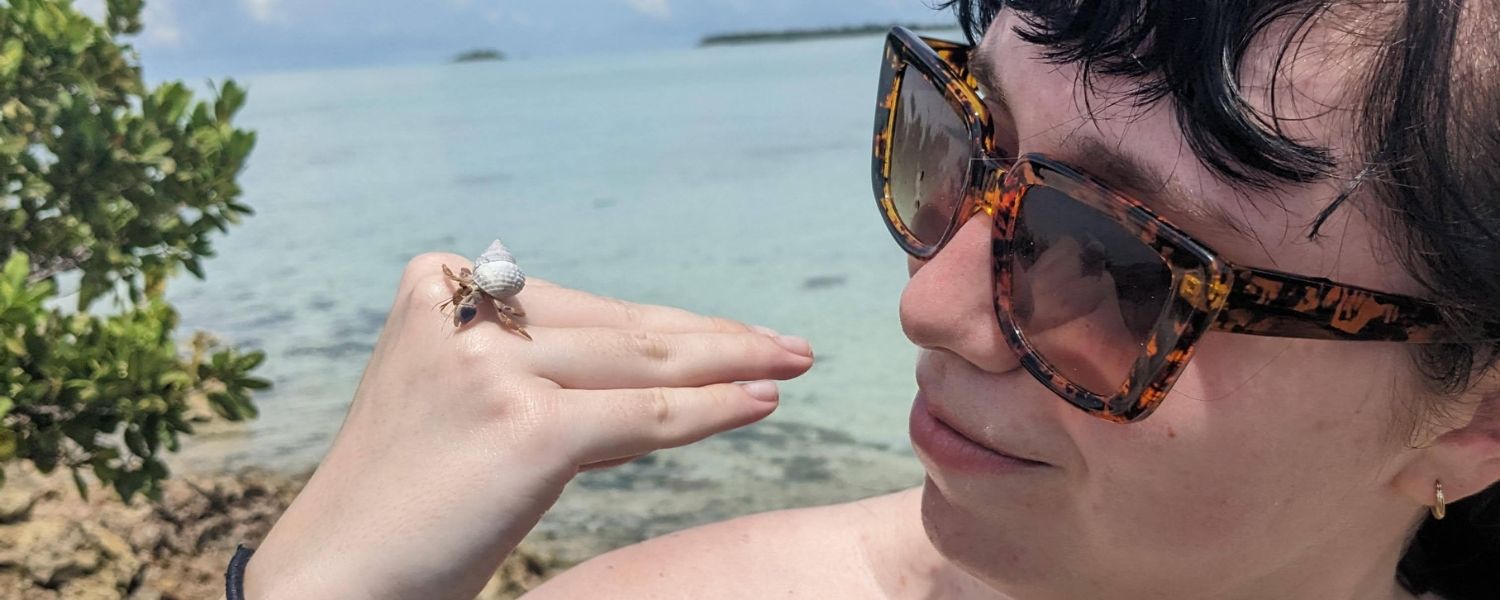
5 Questions to Ask when Vetting a Summer Program
By: Motts Mueller, Broadreach Director February 5, 2025 Parents
When choosing a teen summer camp, travel program, or other summer opportunity for your child, the number of options can be overwhelming. Each program offers different promises, but finding the right fit for your teen requires asking the right questions. Below are five key questions a parent should ask any summer camp or travel program to guide your evaluation process and insights into what answers to look for.
1. Who Are Your Staff? What are their qualifications or backgrounds?
Your teen’s summer experience hinges on the quality of the staff running the activities and interacting with them day-to-day. The best summer trip leaders are not just chaperones; they are mentors and guides with real-life experiences they can share with students/campers. In addition to appropriate first aid training for the specific program type and location, look for staff your kids can look up to and learn life lessons from. All staff should undergo a rigorous hiring, interview, reference and criminal background check and staff training process before interacting with campers.
2. Who Are the Students that do the best?
Understanding the type of teen who thrives in the program can help determine if it aligns with your child’s personality and interests. The goal is not to go on a program where everyone looks or thinks the same (I think one of the best parts of summer programs is the chance to interact with a more diverse set of peers) but to ensure it will be a good fit for your teen. While some students thrive in large group social settings, many do better in smaller, more focused groups. Some teens are excited to learn, explore and grow over the summer, while others just want to have fun.
Be skeptical of one-size-fits-all camps or programs that claim to be right for everyone. Many programs like Broadreach have a variety of offerings, including ones that might be a better fit for first-timers vs. experienced travelers, younger vs. older students or those with special needs or interests. Ask about past participants’ profiles or testimonials to better understand fit.
3. What Is Your Approach to Safety?
Safety is paramount when entrusting your teen to a summer program, but it’s essential to recognize that no program or camp can ‘guarantee’ or ‘ensure’ safety; Anyone who tells you they can is either ignorant or just lying. All experiences, travel, camps and outdoor activities involve risk. What is important is how those risks are considered and managed at all levels of the organization:
- The company should be experienced in the locations they visit and the activities they are undertaking.
- Trip planners should proactively mitigate risks by working with trusted local partners and outside experts.
- Travel-based summer programs should have specific emergency action plans for each location and activity in the unlikely case of a medical or other emergency.
- Staff should have the appropriate medical and emergency training for the type and location of the program.
- All camps should periodically review their policies, programs and incidents and be willing to share information on their history.
4. What Are ALL the Costs?
Summer programs vary significantly in tuition and what those costs include. Before signing up, it’s crucial to clearly understand the included costs and any potential additional expenses. Potential additional expenses to consider include:
- Airfare/Travel—The tuition cost for most travel programs does not include travel to/from the starting point.
- Travel insurance – Anyone traveling abroad should ensure they are covered in case of medical or other emergency.
- Gear – What additional gear or equipment is needed? Can you borrow it, or do you need to purchase or rent it?
- Certifications/Credit – Is the cost of any training, certifications or college credit included?
- Meals – What meals are included?
- Spending Money – How much money do most students bring?
- Additional Activities or Courses: some programs include ‘a-la-carte’ program activities or courses that cost extra.
- Tips for counselors/leaders/guides
At Broadreach, our all-inclusive experience means that all meals, activities, gear rentals, training, certifications and credit costs are included in the tuition costs. Once you set foot on the program, there is no need to worry about additional costs or add-ons.
5. What Are the Outcomes and Goals?
In addition to just being a ton of fun, a summer program should have a clear mission and measurable goals for participants. These goals may include personal growth, such as increased confidence, global competence, independence, leadership, and teamwork skills. Additionally, they may consist of tangible achievements such as developing new skills, earning certifications, service hours, or college credits. Look for alignment with your own hopes for your teen, a plan for achieving the outcomes and an organizational commitment to measuring and improving outcomes.
By carefully considering these five questions and evaluating the responses, you’ll be better equipped to choose a program that matches your teen’s interests and needs and provides a meaningful and rewarding experience. A thoughtful selection process ensures that the summer opportunity becomes a valuable stepping stone in your teen’s personal journey.
Are you curious if Broadreach is a good fit for your family, or do you have questions? Please reach out! We love speaking with students and their families about our adventures. Schedule a chat with one of our friendly program coordinators, or give us a call at 919-256-8200.
